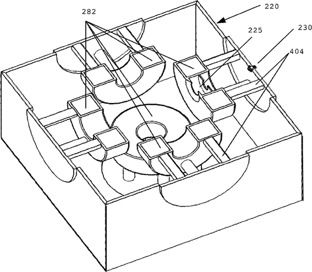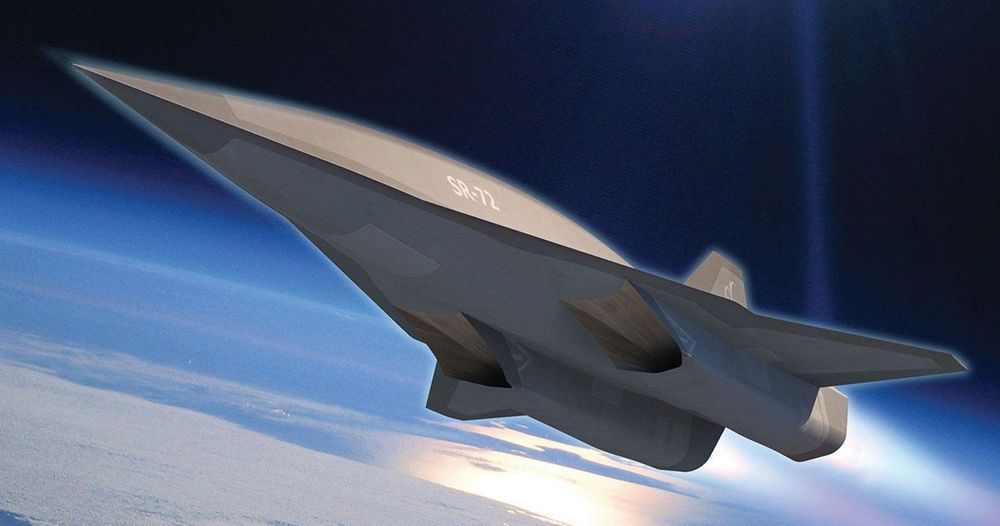Details have emerged about a new class of amphibious warships that Navy and Marine Corps leaders say will be essential to competing with near-peer adversaries at sea.
The Navy has released details on a proposed new class of light amphibious warships. The ships will be necessary as the sea services rise to meet growing challenges at sea, according to slides from a recent Navy-led industry day during which leaders met with two dozen companies to discuss the idea.
The lighter ships, according to the slides, will help the Navy and Marine Corps “meet new challenges,” including sea-control-and-denial operations. The light amphibious warships, the slides add, will serve as “maneuver and sustainment vessels to confront the changing character of warfare.”








